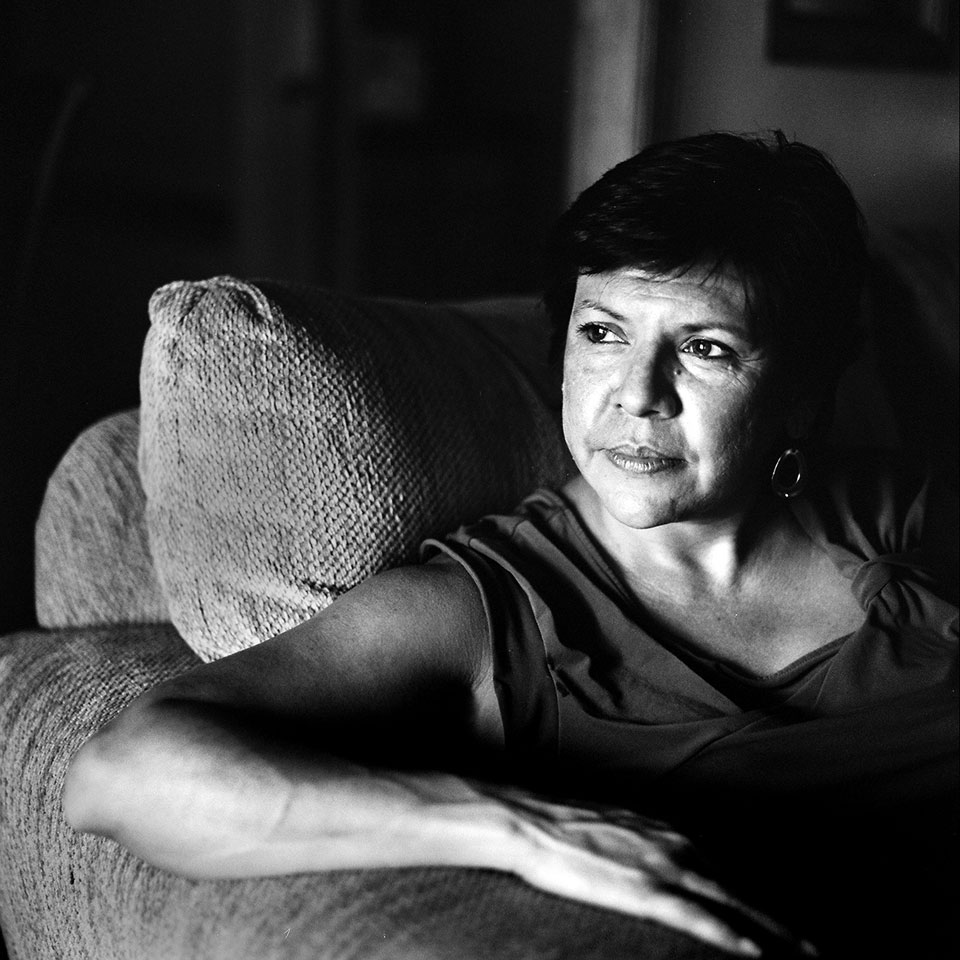Gonzalo Barrientos – Austin, Texas
Texas State Senator, Democrat, 14th District - Travis County, Austin
Gonzalo Barrientos was born in Bastrop, Texas, and attended segregated schools for Mexican-Americans where he said he experienced racism. Inspired by John F. Kennedy and Lyndon B. Johnson, he ran for office in 1974 and won. He retired from the state senate in 2004 but is politically active.
“There is power in knowledge, in education. There is power in money, in making money and the things that you can buy with it. And then there is power in voting, because you can change the country and with that, sometimes you can change the world.”
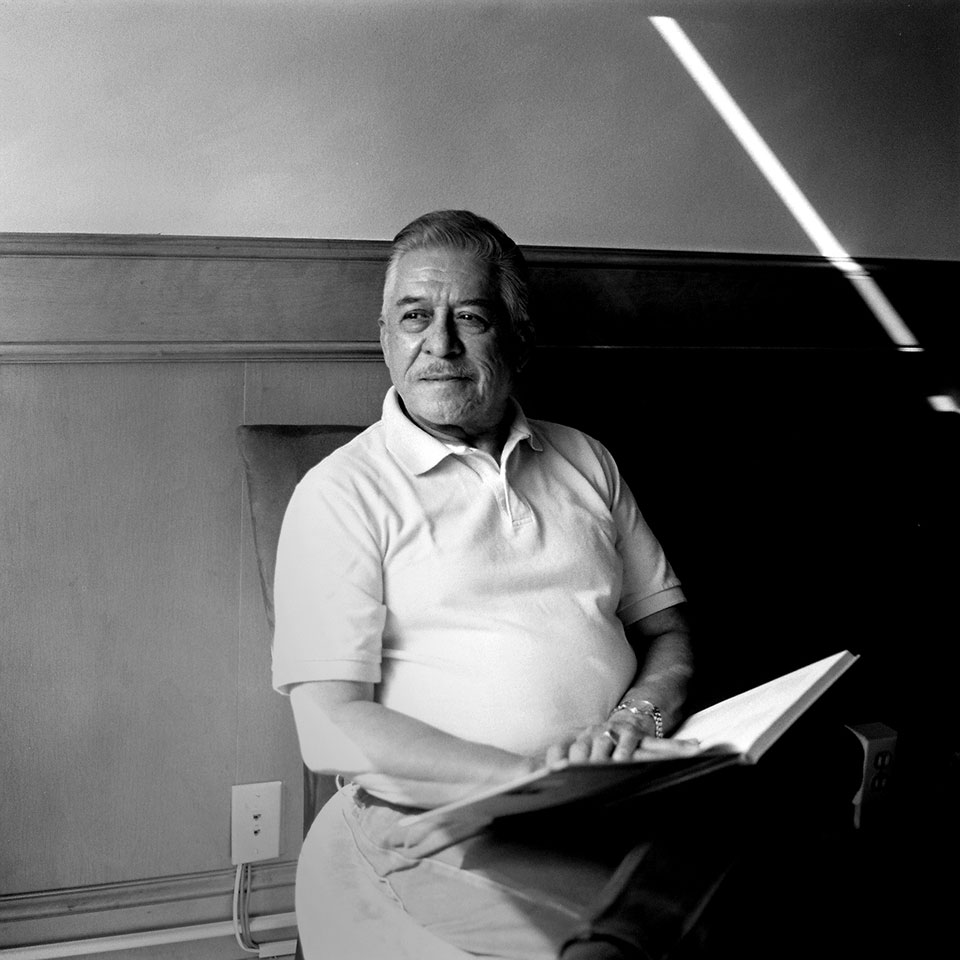
Jonathon David Orta – Austin, Texas
Student/University of Texas at Austin
Jonathon David Orta grew up in the Dallas/Ft. Worth area and is studying Latin American Studies and International Relations. He voted for the first time in the 2008 presidential election when he was 18 years old.
“Voting, like it’s dangerous because the way it’s framed, it’s like it is the epitome of democracy in the United States where, in reality, it’s like the lowest form of participation you could possibly do.”
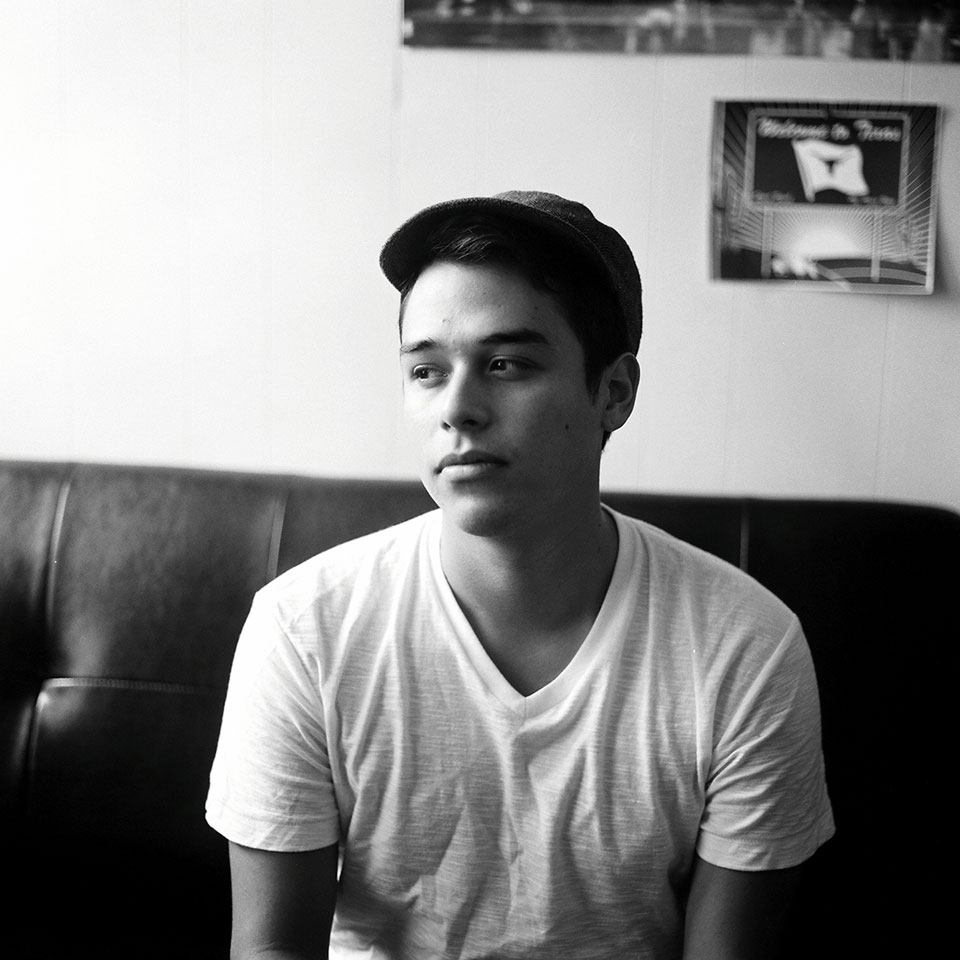
José Velásquez – Austin, Texas
President, Hermanos de East Austin
José Velásquez started Hermanos de East Austin, a nonprofit that helps the Latino community engage in politics through voter registration drives and social events. Velásquez has been involved with politics since he was 15 years old, when his mother worked with retired state Sen. Gonzalo Barrientos and current Sen. Kirk Watson.
“The forgotten ones are the youth in East Austin. They’re the people that I grew up with. When you see most campaigns, like especially like the city council, they don’t go after every vote. They go after what they consider reliable voters, or people that have voted in the past or traditionally vote. These people are found on what is known as the VAN, the Voter Activation Network. So the forgotten ones, you know the way that I put it, are the people that no one tries to reach, that no one tries to go after because they are not considered reliable voters.”
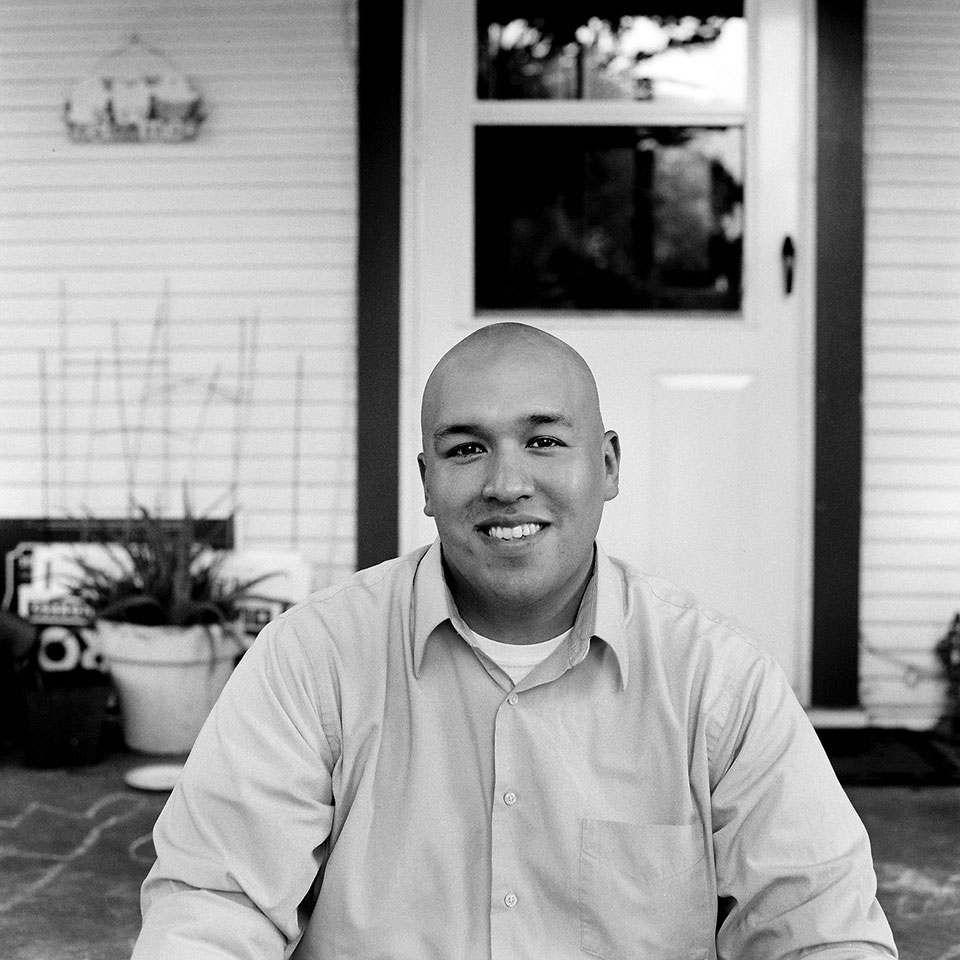
Juan Rosa, Del Valle, Texas
Healthy Living Coordinator/El Buen Samaritano Episcopal Mission
Juan Rosa was born in San Sebastian, San Vicente in El Salvador. He moved to California to escape the Salvadoran civil war. After struggling with unemployment, Rosa received his GED at the age of 45 and now works at El Buen Samaritano Episcopal Mission, a nonprofit outreach ministry helping Latinos with healthcare, education and economic-stability services.
“The American dream, we have to make it happen...if you have the opportunities, do it the right way, learn the language...and go out and vote whenever you have that citizenship. The right to vote, do it because I think we can be, you know, we can raise our voice that’s the only way they’ll be able to listen to the changes that we want to make.”
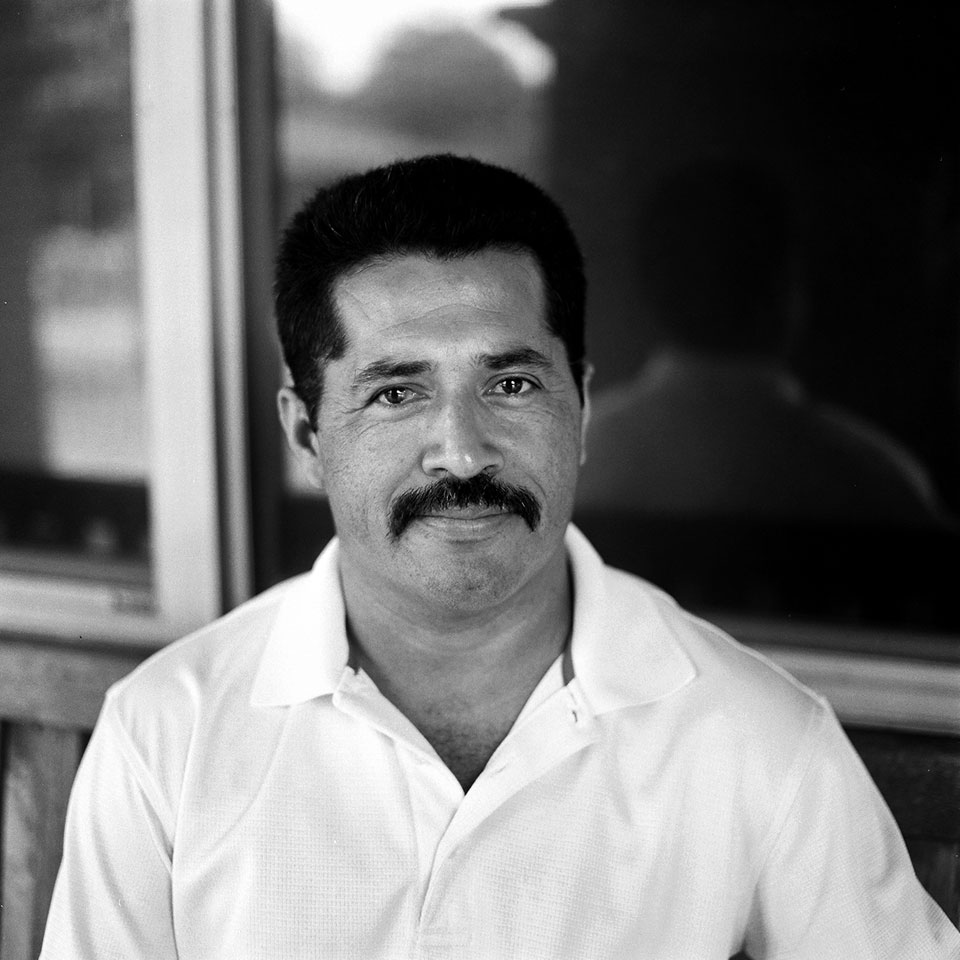
Maria Spencer – Bastrop, Texas
Supervisor of Packaging and Filling at Agilent Technologies
Maria Spencer was born in Chihuahua, Mexico, and immigrated to America when she was 15 years old. Spencer became a United States citizen in 2006 and immediately registered to vote. Spencer is thankful to live in the U.S. despite losing her home in the 2011 Bastrop wildfires, the biggest in Texas history.
“The first time that I voted, that was a really good and exciting experience for a person that came from Mexico and to do that, be able to do that is something really good...I felt very connected with a country that opened the doors for me 35 years ago...I am blessed to go and vote for somebody, but what about the ones that don’t have the right to express their opinion?”
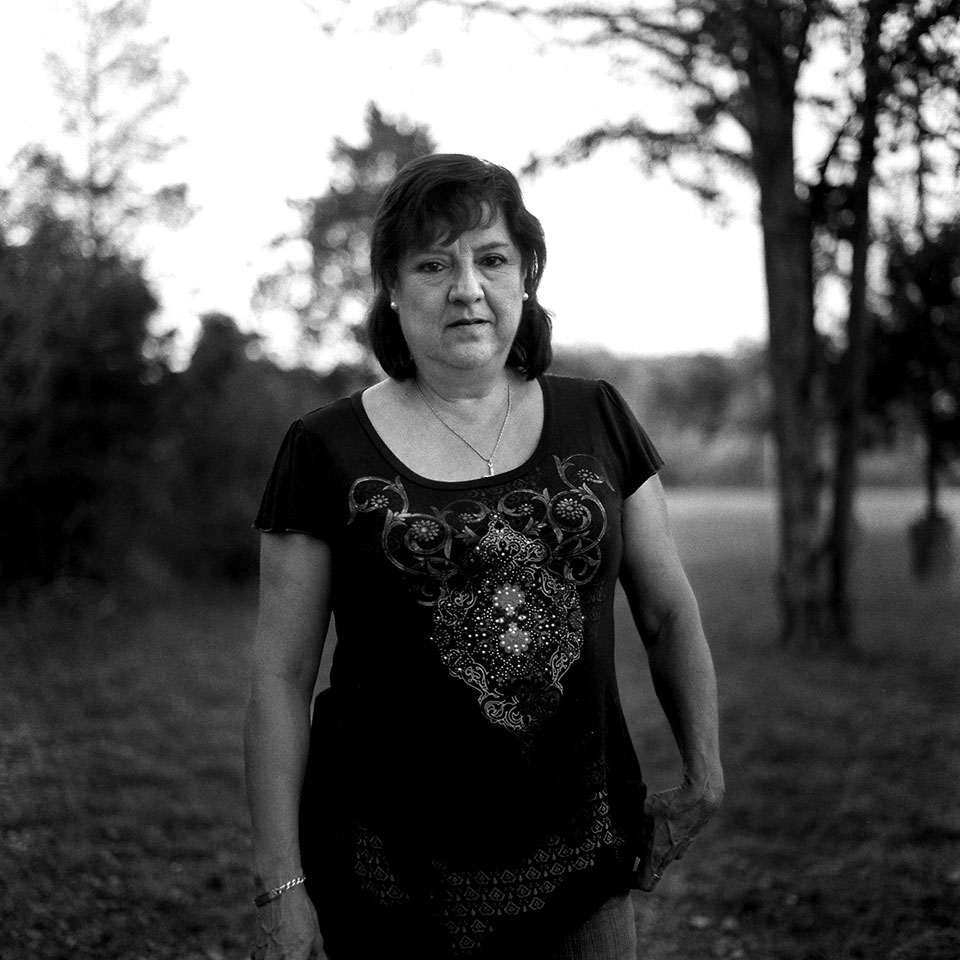
Paul Saldaña – Austin, Texas
Political Activist/ Brisa Communications
Paul Saldaña, a native of Austin, has been involved in public policy issues for almost 25 years. Austin’s only Latino mayor, Gus Garcia, was Saldana’s mentor and inspired him to get involved with public policy while serving the Latino community.
“There’s a clear difference in the number of older Latinos versus younger Latinos that are voting. I think that’s part of the challenge for the Latino community, especially for our younger generation is breaking the cycle that has been passed on from generation to generation. That civic duty needs to be part of our cultural values that we embrace and voting needs to be a priority.”
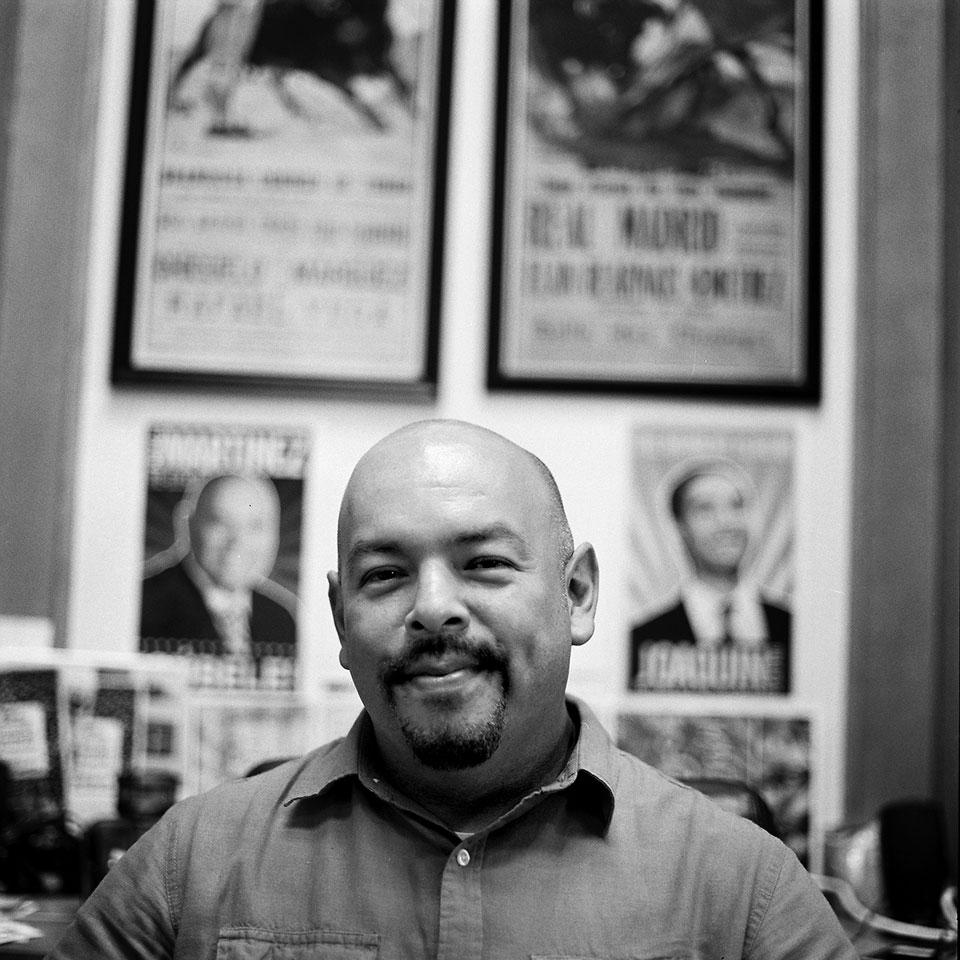
Plácido Salazar - San Antonio, Texas
20-year United States Air Force veteran
Plácido Salazar was born in Edcouch, Texas, and joined the United States Air Force after high school, serving in the Vietnam War. He retired from Randolph Air Force base after 20 years. Salazar is a civil rights advocate for veterans, highlighting issues such as Agent Orange and the Texas Voter ID Bill.
“I heard about the plan to introduce a voter ID measure...and my immediate reaction was shock...we have a saying in the military, ‘Why fix it if it ain’t broke?’...To me, disenfranchising one single American is wrong. Again, because American warriors, American soldiers, have laid our lives on the line for the right of people in other countries to vote. So to disenfranchise one of our own people right here in our country, it’s totally, totally wrong.”
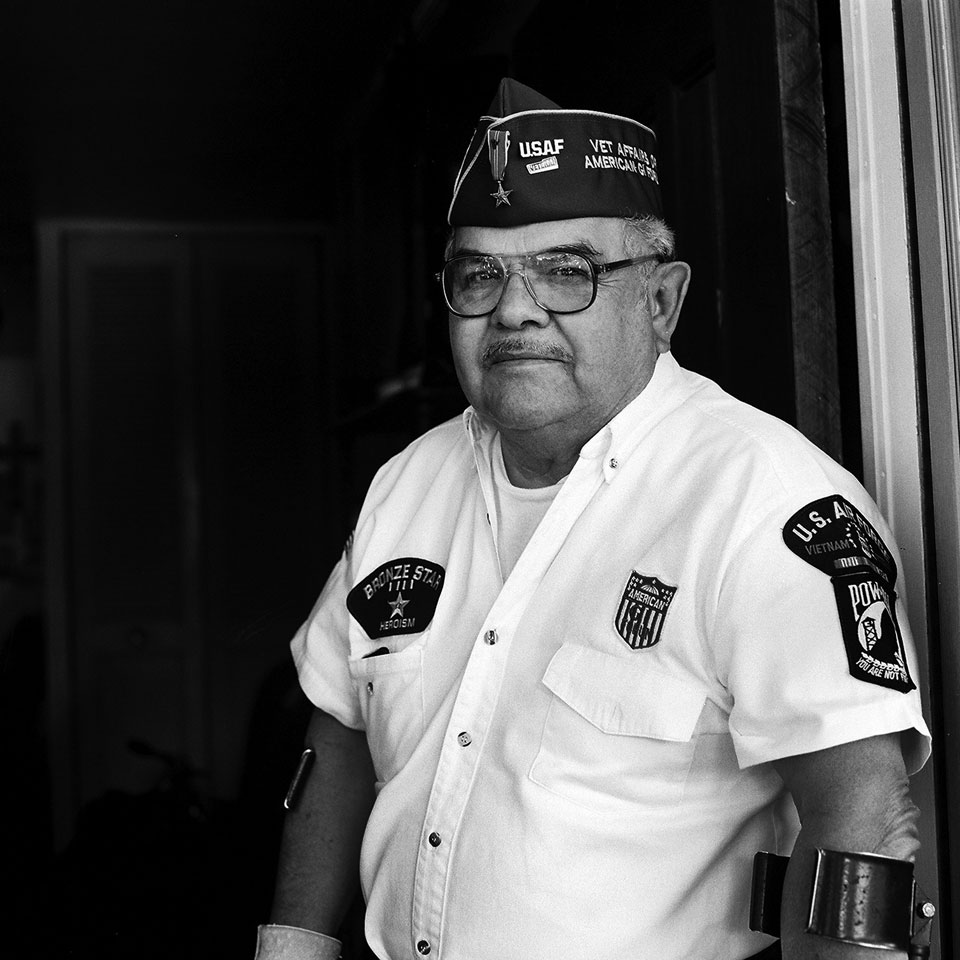
Rachael P. Torres – Austin, Texas
Austin Community Activist/ Campaign worker
Rachael Torres grew up in East Austin where she witnessed an influx of non-Latinos into the predominantly Latino neighborhood. Voting is important to Torres who recalls her grandmother walking up to a mile to pay a poll tax to vote.
“Voting means to me, well as an American, that I have that right. As a woman, that I have that right. I know that there are lots of countries that women can’t do a lot of things and voting is one of them…people fought for that right and if we don’t use it, it was all for naught.”
